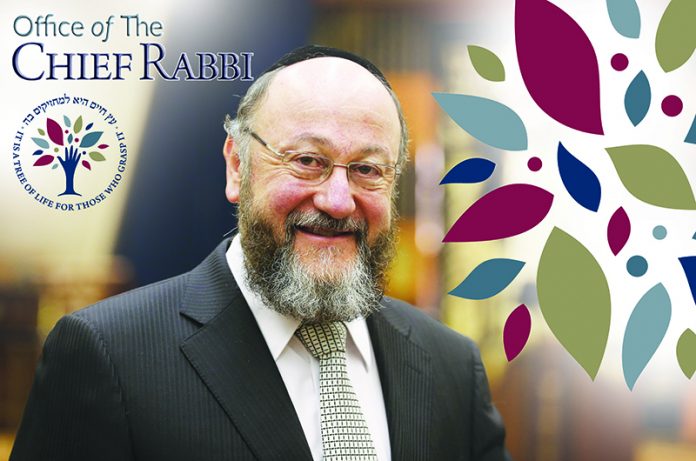
Why do Selichot always start on a Saturday night?
This coming Motzei Shabbat in Ashkenazi circles we will be commencing our season of Selichot.
Until medieval times, Selichot were recited just before Rosh Hashana and Yom Kippur. From that time onwards in Sefardi circles, Selichot would commence from the beginning of Elul and go all the way through until Yom Kippur.
In the Ashkenazi world we follow the opinion of the Rama in the Shulchan Aruch that we start Selichot at least four days before Rosh Hashana and we go all the way through until Yom Kippur. In addition, the Selichot must start on a Saturday night, that’s in order to standardise the practice, so that people will always know that Selichot start on Motzei Shabbat, every year.
It starts on Saturday night, but why Saturday night – it could start on any night? The Terumat Hadeshen explains that we want to take the Oneg Shabbat, the pleasure and the joy of the Shabbat with us into our Selichot penitential prayer experience. That’s because during Selichot we reflect on the previous year, our misdeeds, our misdemeanors, our missed opportunities. We could easily be filled with fear and dread at this prospect, yet seeing as we are a positively minded people and we are always optimistic by nature it’s important that we take the happiness of Shabbat with us into the Selichot experience.
And that is why they are called Selichot which means ‘forgiveness’. Before the services even commence we are looking forward to a favourable outcome. When you come to think of it that’s the rationale behind the title Yom Kippur: it’s on Yom Kippur that G-d sits in judgement, our fate will be sealed for the coming year and, in the midst of that day filled with awe, it’s a Yom Tov, we say Chag Sameach!
The Torah calls it Yom Hakippurim, Day of Atonement, because we are already looking forward to a favourable outcome of the day. It’s not like Tisha’ah B’av which is a sad day, a black day for us. On Yom Kippur we wear white clothes, as a symbol of purity and of happiness.
So therefore, as we now enter into our period of the High Holy days we pray that the Almighty will indeed bless us with Selichot, that we will be forgiven for our errors and misdemeanors of the past year, that we will have a true Yom Hakippurim, a Day of Atonement, so that together with the whole world around us, the year 5778 will give us a year of peace, of unity, of happiness, of prosperity and security for one and all.
Shabbat Shalom.









